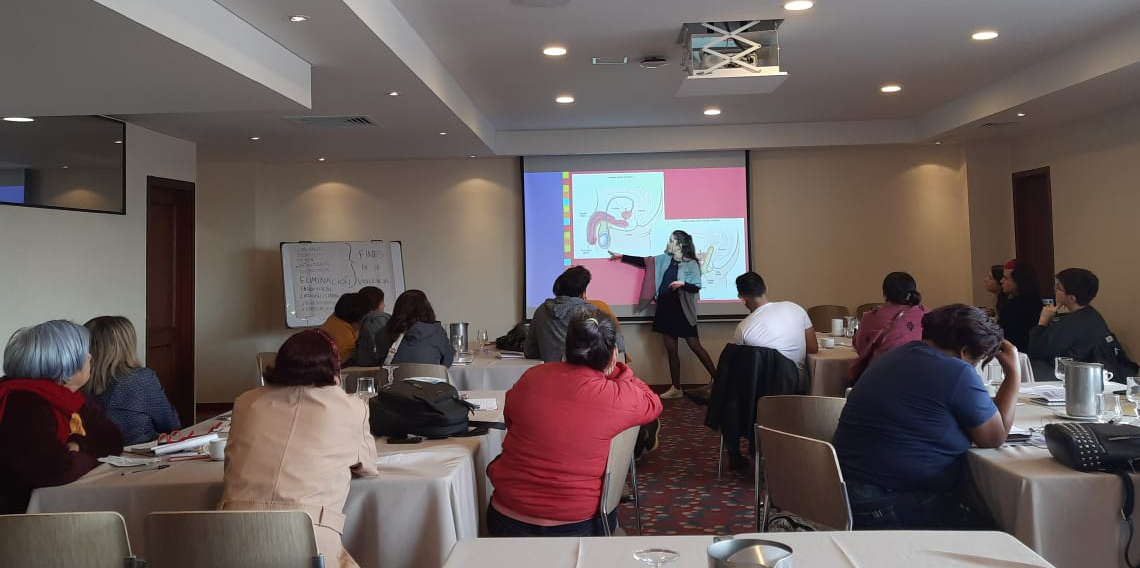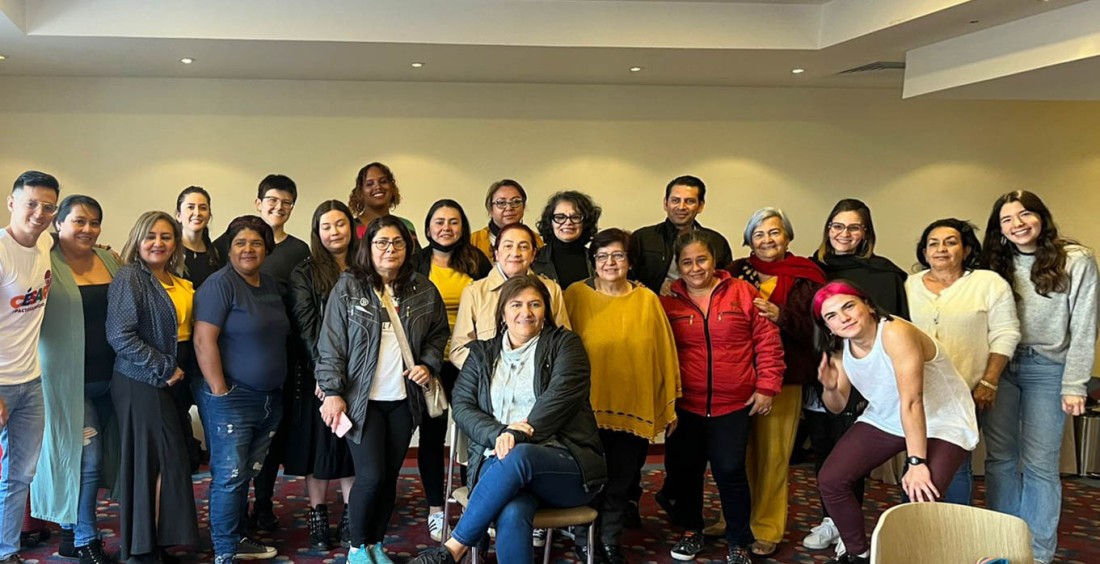In societies grappling with conflict or repression, LGBTQ+ individuals are often targeted with violence and discrimination and experience some of the cruelest human rights violations. However, as a group, state institutions tasked with pursuing accountability for such abuses and addressing the needs of victims frequently overlook LGBTQ+ persons. As victims, they also encounter unique obstacles when they try to access justice.
For their part, transitional justice processes have only slowly, though surely, evolved to include LGBTQ+ perspectives in their scope. In 1998, South Africa’s Truth and Reconciliation Commission briefly mentioned conversion and electroshock therapies administered to gay individuals in its final report. Since then, truth commissions in several countries—including Brazil, Ecuador, Honduras, Nigeria, Paraguay, and Peru—have addressed violence directed at LGBTQ+ people to some extent or another in their final reports.
However, the comprehensive transitional justice system in Colombia is the first in the world to incorporate a gender-sensitive approach that explicitly takes into account the violations suffered by members of the LGBTQ+ community. The approach has allowed LGBTQ+ victims to present historical reports to both the Truth Commission and the Special Jurisdiction for Peace, opened a door for more inclusive strategies in the search for the missing and disappeared in Colombia, and set a precedent for future transitional justice processes around the world. A fundamental component of the comprehensive system, the approach has been implemented consistently for the past six years, in face of sharp criticism from conservative citizens and detractors of the peace agreement.
Despite these positive steps, efforts to document violations against LGBTQ+ individuals during Colombia’ 50-year civil war and redress them remain insufficient. In this context, LGBTQ+ organizations have been seeking out allies with extensive experience advocating for the rights of victims with whom they can partner to better serve LGBTQ+ victims and their families.
One such organization is Colombia Diversa, which has been fighting for the rights of LGBTQ+ people in Colombia since 2004. In 2022, Colombia Diversa began collaborating with members of ASFADDES, a prominent association of relatives of the missing or disappeared in Colombia. In June, 24 representatives from the two organizations met in Bogotá to for a series of workshops in which they exchanged knowledge and best practices and developed a better understanding of how to search for missing or disappeared LGBTQ+ persons.

For most members of ASFADDES, the concepts related to diverse gender identities and sexual orientations sounded like strange, distant words, engulfed in taboo. It was not unheard of for members to insinuate that a gay, lesbian, or trans person is someone “with a condition,” someone “who is kind of weird,” or just someone who elicits an awkward shrug of the shoulder in a gesture of incomprehension.
Thanks to the theoretical and practical workshops, ASFADDES members learned about the particular discrimination and violence that sexual minorities often experience as well as the unique circumstances surrounding the disappearance of LGBTQ+ persons. Through this improved understanding, ASFADDES members for the first in more than 25 years of leadership and resistance in the field began to consider strategies tailored to the search for missing and disappeared LGBTQ+ persons.
Meanwhile, Colombia Diversa recently published the booklet, “Someone Is Searching for You: Tools for the Search of LGBT+ Persons Deemed Missing.” In it, the organization recognizes ASFADDES as “an entity where you can report a disappearance and access avenues for the assistance to searching for LGBT+ persons.”
“It has been a deeply enriching process,” said Colombia Diversa’s director, Marcela Sanchez. “We had never familiarized ourselves with the search for missing persons as we have now, and ASFADDES is consciously learning how to handle cases of LGBT+ disappearances."
The unlikely encounter between the two organizations would not have happened without guidance from ICTJ, which first proposed that the groups come together to find common ground and learn from each other. “This experience demonstrates the transformative power of knowledge-sharing among civil society organizations,” explained Maria Camila Moreno Múnera, head of ICTJ’s office in Colombia. “It is a story of allyship in the fight for LGBTQ+ victims’ rights, and an example of very different organizations joining forces to better advocate for all victims.”
Together, these two organizations have built a meaningful partnership and support network. Today, ASFADDES considers Colombia Diversa an ally in its efforts to search for the missing, and Colombia Diversa sees ASFADDES as an organization that can see and name all those who are missing or disappeared for who they really are, without prejudice, and fight to preserve their memory.
“The inclusion of LGBTQ+ perspectives in transitional justice processes, such as what we are seeing in Colombia, is extremely important, particularly in the current climate where repressive anti-LGBTQ+ laws are being adopted elsewhere in the world,” asserted ICTJ’s executive director, Fernando Travesi. “ICTJ stands and will continue to stand with the LGBTQ+ community in all countries, especially those individuals who are victims of gross human rights violations and are seeking truth, justice, and repair.”
___________
PHOTO: Members of ASFADDES and Colombia Diversa pause for a group photo during a workshop in Bogotá. (ICTJ)
